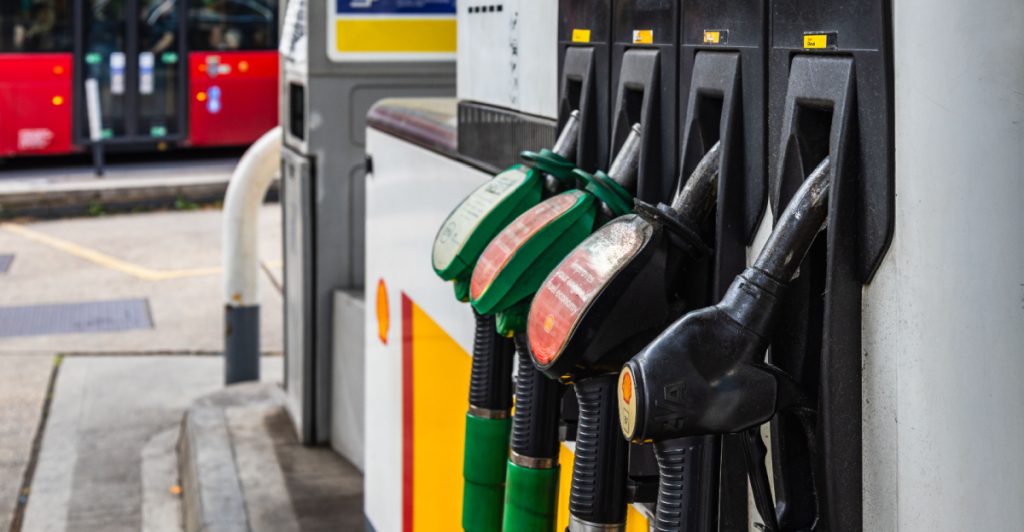The 2030 ban on new petrol and diesel cars is now firmly back on the table under Labour’s plan, as manufacturers and motorists brace for a seismic shift in the auto industry.
Others are reading now
The 2030 ban on new petrol and diesel cars is now firmly back on the table under Labour’s plan, as manufacturers and motorists brace for a seismic shift in the auto industry.
The 2030 Deadline Is Back

Labour has reinstated the 2030 ban on the sale of new petrol and diesel vehicles—rolling back the Conservative delay to 2035 and reasserting the UK’s ambitious EV transition plans.
Which Manufacturers Are Affected?
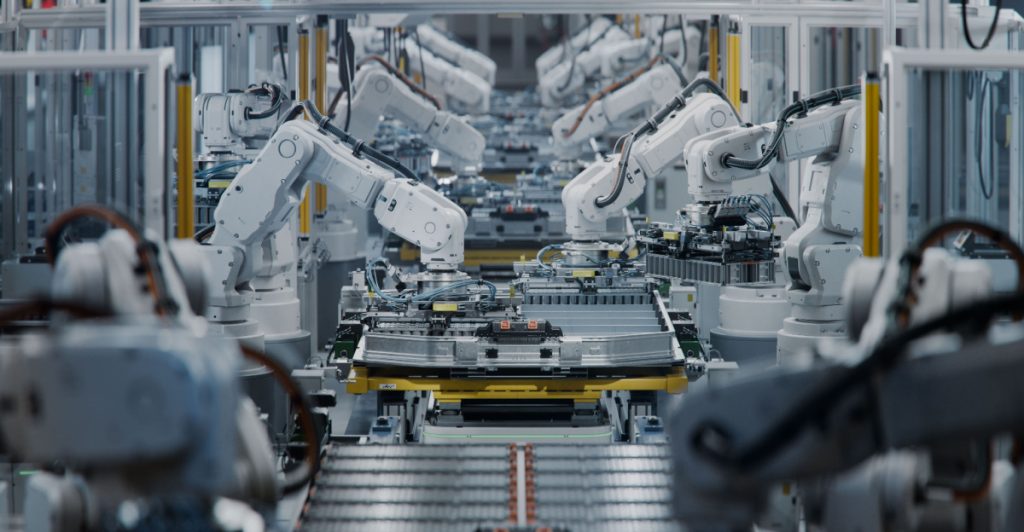
The rules apply to large manufacturers building over 2,500 cars per year. Smaller-volume carmakers are exempt until 2035, giving niche brands more time to adjust.
What About Hybrids?
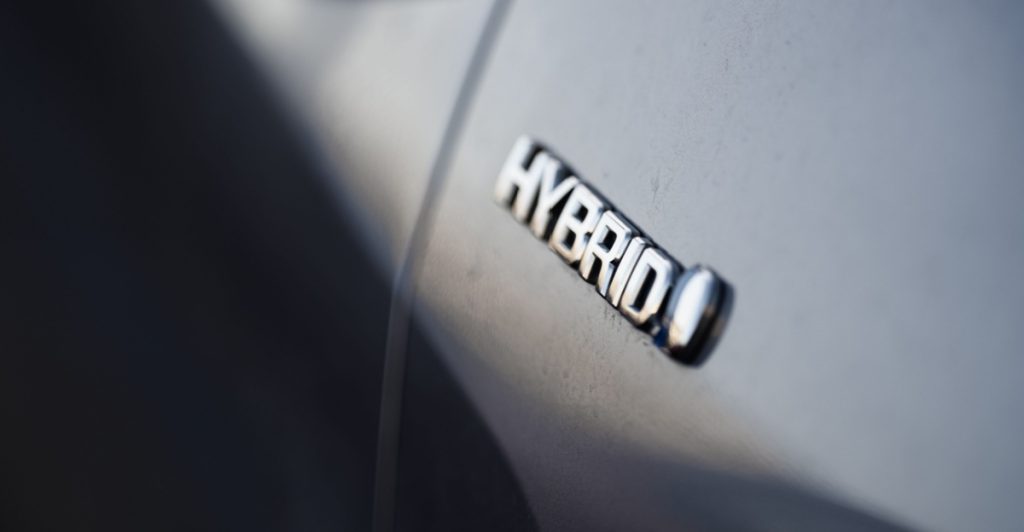
While full petrol and diesel cars will be banned in 2030, Labour has confirmed that hybrids—like the Toyota Prius or Nissan e-Power—can continue to be sold until 2035.
The ZEV Mandate Gets a Flexibility Boost
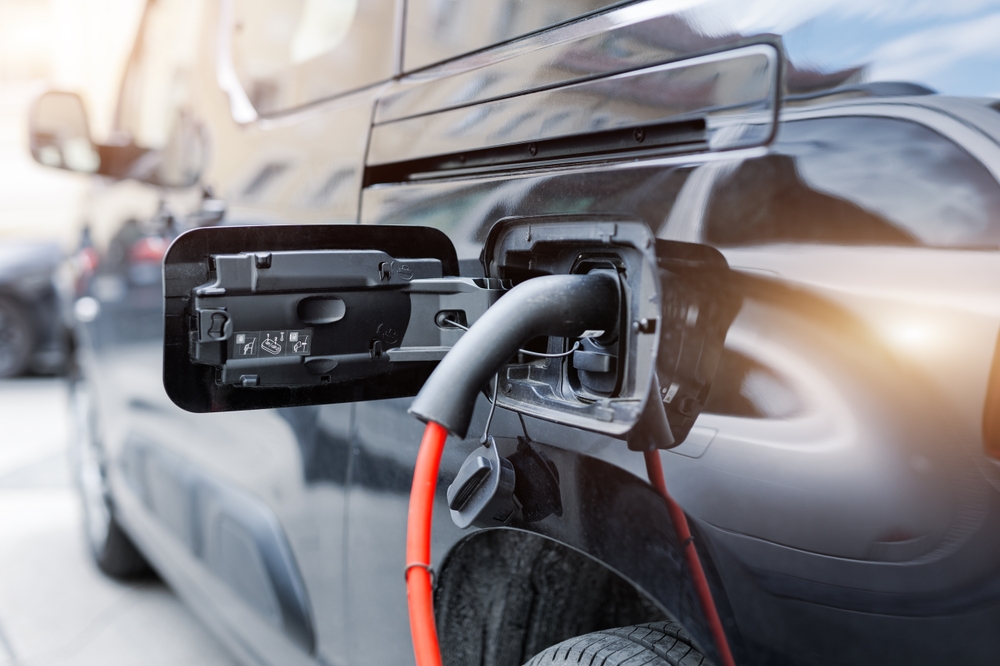
To ease the pressure on carmakers, Labour is offering more flexibility in the Zero Emissions Vehicle (ZEV) Mandate, allowing uneven EV rollout up to 2030.
Also read
Industry Voices Concern

Despite political ambition, critics like Wheeler Dealers’ Mike Brewer argue the country isn’t ready. EVs still account for only 15% of car sales, far below mass-market readiness.
Automakers Already Adjusting
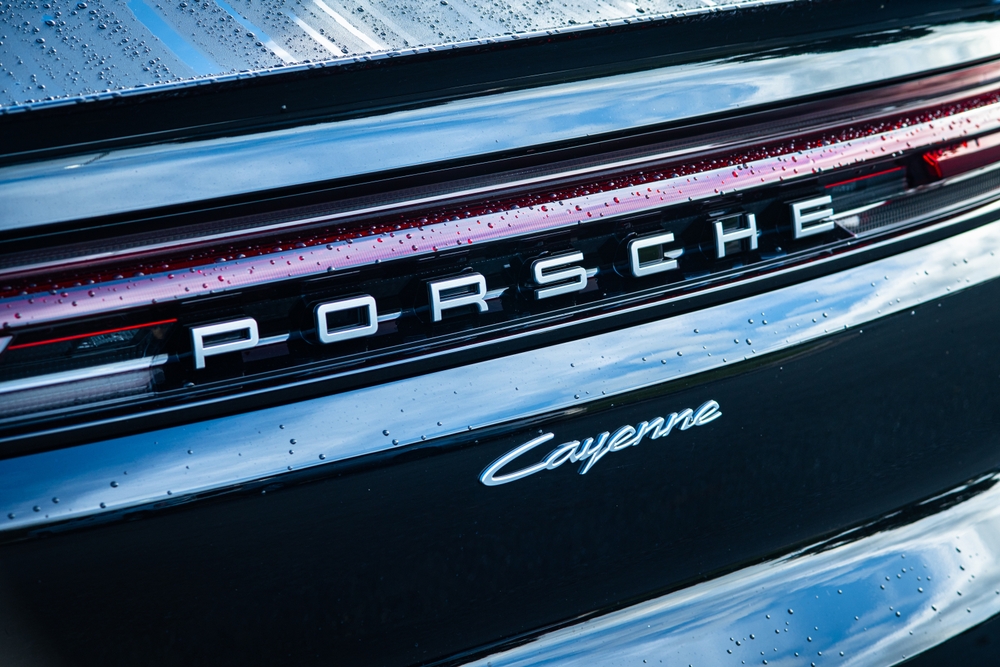
Some manufacturers have started preparing for the shift, while others like Porsche are reportedly doubling down on petrol tech, anticipating potential policy reversals.
Public Pushback Grows

The public remains divided. Critics cite charging infrastructure, range limitations, and cost as major hurdles—factors that could determine whether the 2030 ban sticks.
A Long Road Ahead

With just five years left, the UK faces a massive infrastructure, market, and consumer transition. Whether this becomes the age of EV dominance—or another political u-turn—remains to be seen.

